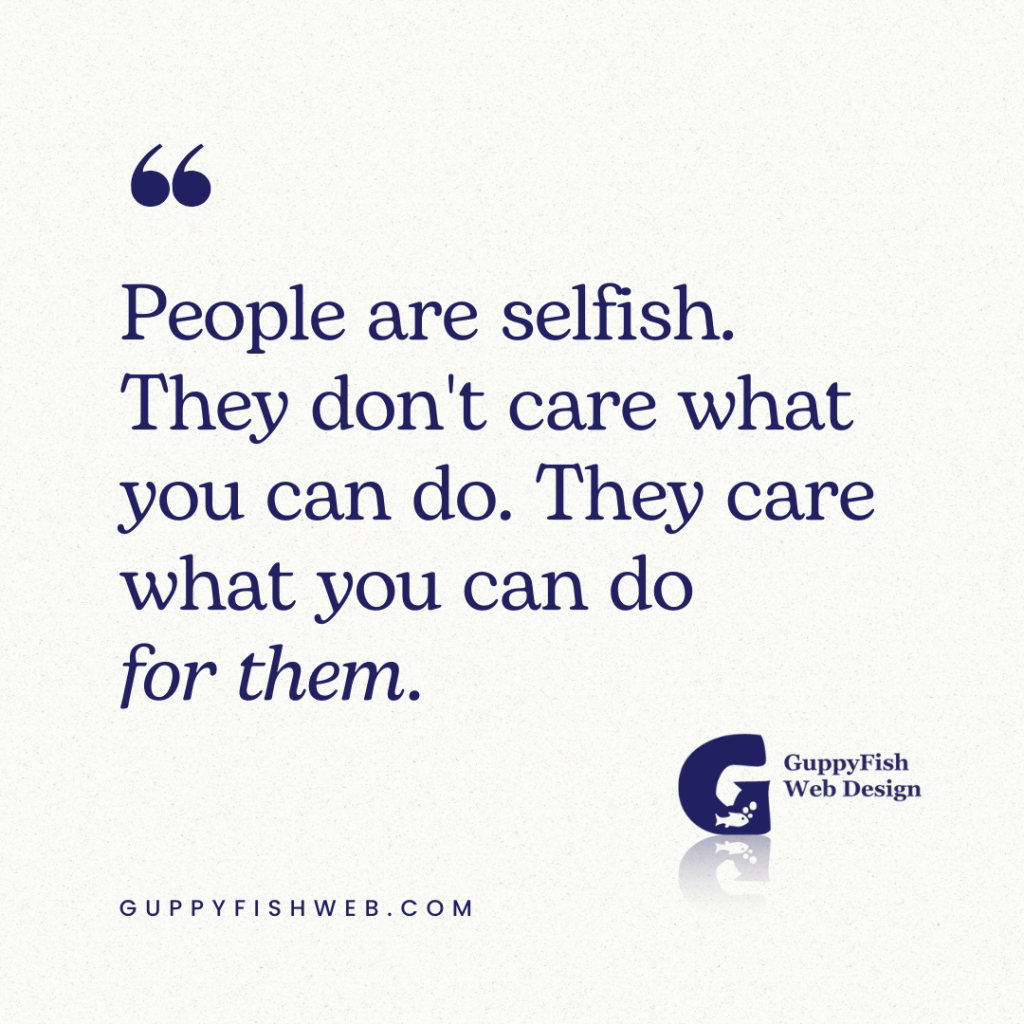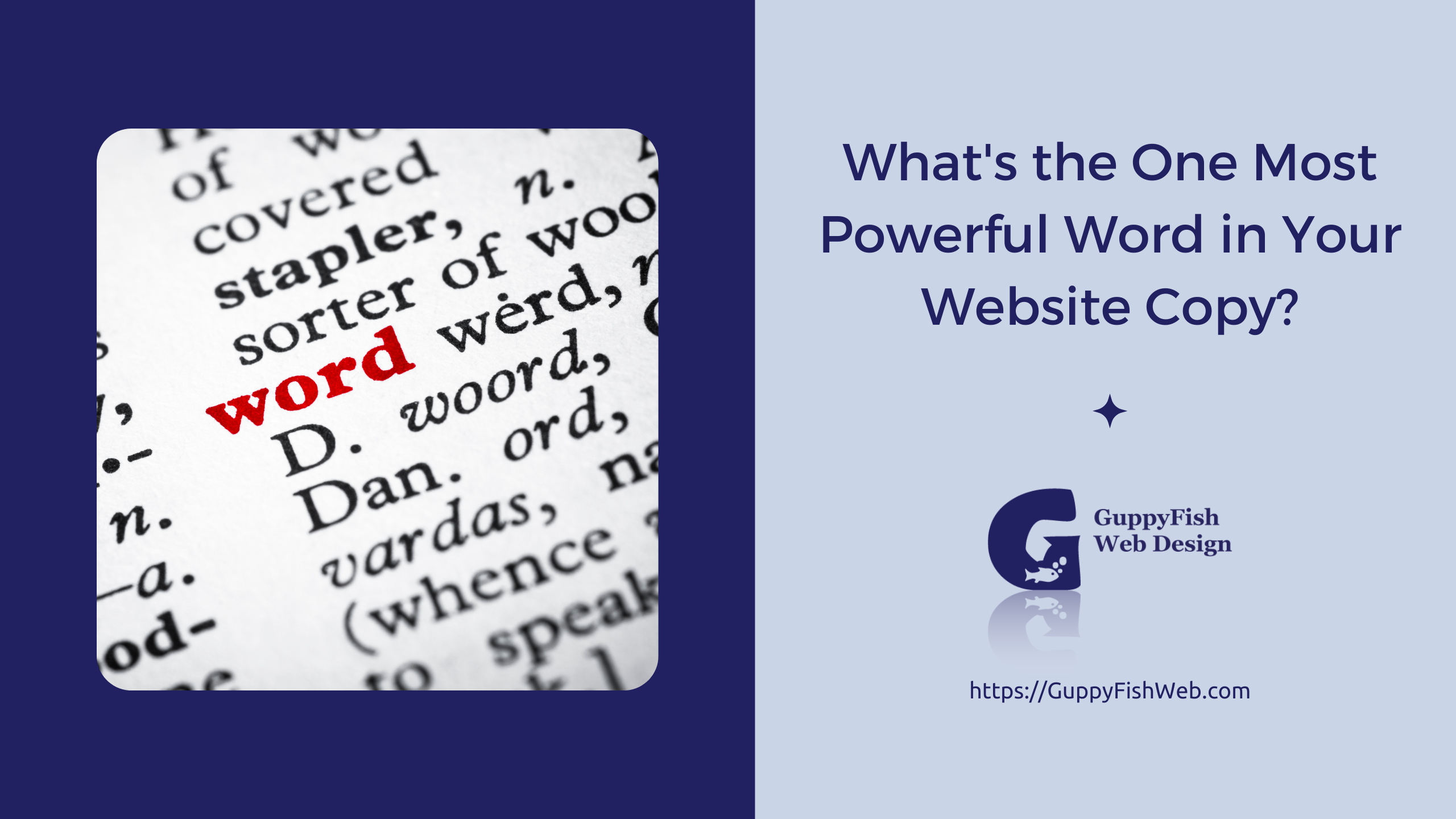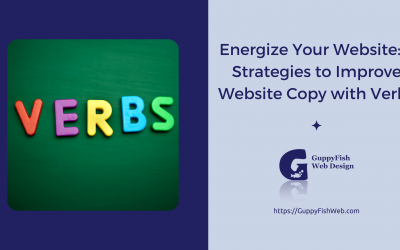I like baseball, particularly at the college level. Ok, when I say “at the college level,” that mostly means my college. I do follow several other college teams, but I actually watch or listen to the games for East Carolina University, my alma mater. ECU is in eastern North Carolina, and the stream I occasionally listen to is a local station. Does that mean I get ads for small-town country businesses? Yes. Do I laugh at them? Also yes… sorry/not sorry. I mean, some of these commercials are really entertaining, but they can also teach us something about website copy.
When I listen to this station, I can spot (hear?) from a mile away whether a business wrote its own ads, as opposed to having a professional do it. What’s the difference, you ask?
One word… YOU.
Professionals use You, Your, and Yours more than I, Me, or My
In local ads written by the owner, you hear the business refer to itself (I or we) way more than anyone else. Some examples:
- We have been in business for 45 years.
- I am the premier <realtor, garage door company, etc.> for this region.
- We will do the best job for the lowest price.
If you glean nothing else from this post, know this:
People are selfish. They don’t care what you can do. They care what you can do for them.

Your Website Copy Point of View
Let’s rewind back to middle school. You’ve hung out at your locker with your friends, flirted with your crush, eaten your rectangular pizza, and realized that the bell is about to ring. You sail down the hallway, dodging that couple that’s always making out, and pound into your English classroom. Fortunately, you slump into the seat exactly as the bell rings. Success!! Not tardy today, my friend. The teacher introduces the lesson and says you’re going to learn about point of view. Try not to roll your eyes… they’ll get stuck like that.

Point of view (POV) refers to the writer’s perspective:
First Person POV
With first person, the writer is the narrator and uses the words I, me, and mine (we, us, and our if there’s more than one person). An example of first person POV is:
“I can’t believe it’s not butter!”
Second Person POV
When using second person, the writer places the reader as the main character with the words you, your, and yours. (For southerners like me, “y’all” counts as the plural form of second person.) In this instance, readers can picture themselves in the words. Using a similar example:
“You won’t believe it’s not butter!”
Third Person POV
Lastly, third person POV talks about a third party apart from the reader or the writer. For this type of writing, use he/she/they and related language. In keeping with previous examples:
“They can’t believe it’s not butter!”
Readers Should Visualize Themselves in Your Website Copy
Out of the three points of view, second person (using “you”) helps your readers identify themselves in your content. It really works, too! According to HubSpot, using the word “you” in marketing messages can increase conversions by up to 47%!

Readers need to feel like the hero of the story. Help them visualize that and show them how you can help them get there.
Try this: open your website and go to your homepage or about page. Now, count the number of times you refer to yourself (I, me, my or we, us, our). Next, count the number of times you refer to the reader (you, your, yours).
Here’s a good rule of thumb: The times where you refer to the reader should outnumber the times you refer to yourself.
Putting It Into Practice
You obviously want to tell people about yourself and your experience. How do you do that while still keeping the reader as the focus? Don’t tell people what you can do. Tell them how they benefit from it.
Let’s look at some examples, shall we?
| First Person POV | Second Person POV |
| “We have the best customer service and charge less than anyone in the area.” | “You’ll pay less for your project and get premium customer service.” |
| “We have been in this industry for 45 years!” | “Your project will benefit from over 45 years of experience!” |
| “We use only the highest quality ingredients.” | “You can taste the difference with these high quality ingredients.” |
Remember, your website should be your most valuable employee and should actually work for you. You wouldn’t hire a salesperson who just talked about himself all the time, would you? That would leave a terrible impression on your potential customers! Your readers feel the same way about what they read on your website.
Does that mean you should never talk about yourself or use the first person? No. Go for balance. Try to talk about the reader at least a few times more than you talk about yourself. In the last example above, saying “You can taste the difference with our high quality ingredients.” would strike a good balance. As with anything else related to your website, having someone read over your content and give honest feedback never hurts!
To that end, If you’d like to grade your current website and it’s performance, I have a free website report card that takes less than a minute to complete.
So help the reader be the center of your website copy, and keep swimming along!




0 Comments